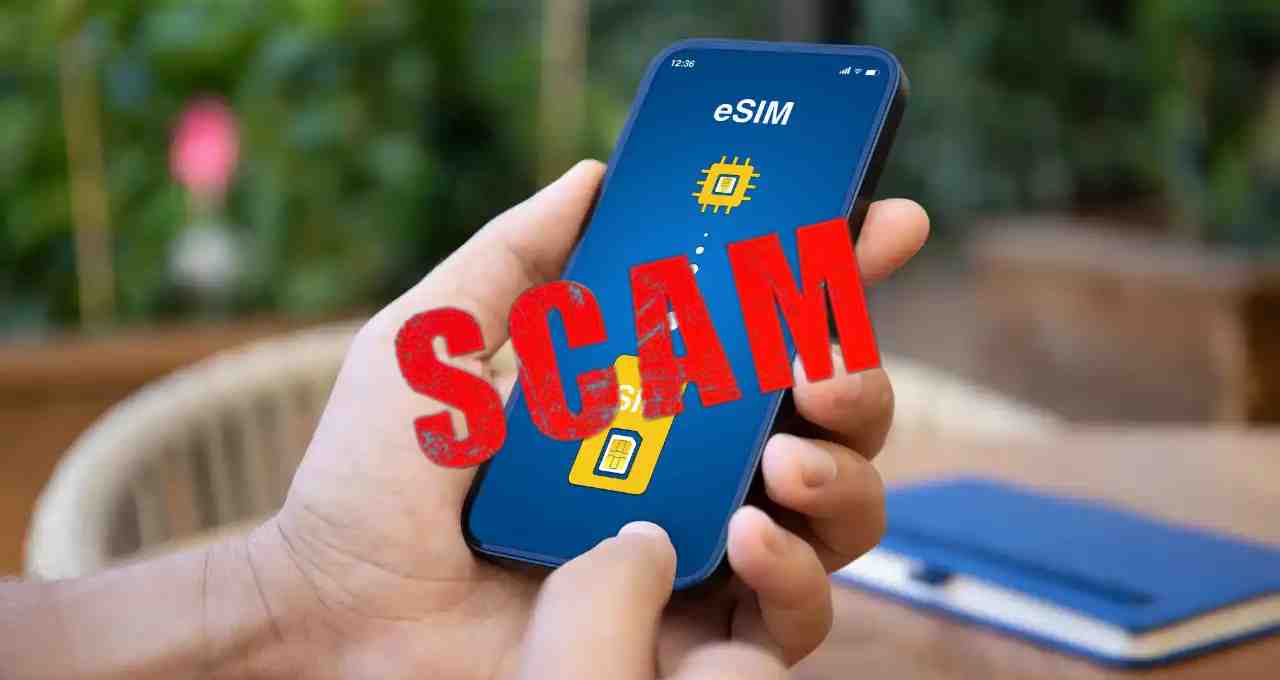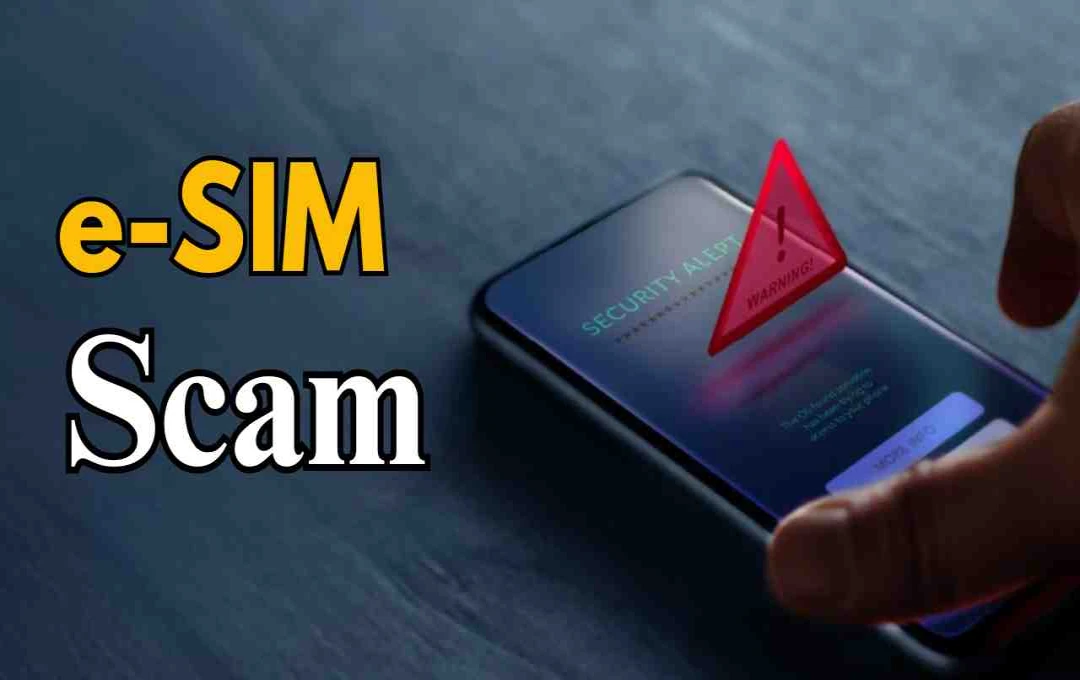In Mumbai, a doctor was defrauded of 11 lakh rupees from their bank account through an e-SIM upgrade scam. The police arrested the accused. This incident highlights the growing severity of digital fraud. Experts have advised users not to share OTPs and to adopt cyber vigilance.
e-SIM Scam: In September, approximately 11 lakh rupees were siphoned from the bank account of a doctor in South Mumbai after they shared an OTP requested by a caller under the guise of an e-SIM upgrade. Following the incident, the Mumbai Police Cyber Cell arrested the accused. This digital fraud indicates that high-tech scams can now target any user. Experts state that not sharing OTPs or personal information and regularly updating mobile apps are the safest ways to prevent such frauds.
Direct and High-Tech Cyber Fraud
The e-SIM upgrade scam involving a Mumbai doctor has highlighted the seriousness of digital fraud. In this incident, which occurred in September, approximately 11 lakh rupees were stolen from the doctor's bank account. Police arrested one accused in the case, and investigations revealed that sharing the OTP allowed fraudsters to gain access to the bank account.
The fraudster called the doctor, posing as a representative of a telecom company, and stated that their SIM would be upgraded to an e-SIM. Trusting this, the doctor shared the OTP, after which their bank account was emptied within two days.
What is an e-SIM and How Does the Fraud Occur?
An e-SIM is a digital SIM that is in-built into a phone or smartwatch. It does not require a physical SIM card. Fraudsters exploit this by activating a duplicate e-SIM. The victim's original SIM gets deactivated, and the fraudster gains access to bank, email, and OTP-based services.
In such scams, fraudsters typically pose as telecom employees and induce users to share fake links or OTPs. This allows them to obtain all sensitive information.

Prevention Measures and Precautions
According to the Indian Cyber Crime Coordination Centre (I4C), do not share OTPs with anyone. Do not click on unknown links or e-SIM upgrade messages. If your SIM suddenly stops working or you notice unusual network activity, immediately contact your telecom operator. Report any cybercrime on cybercrime.gov.in.
Experts state that digital fraud is on the rise, and users should always remain vigilant. This incident has proven that vigilance alone is the most effective way to prevent such high-tech scams.
Frauds like e-SIM scams pose serious threats in the digital world. All mobile and internet users should avoid sharing OTPs and personal information with strangers. To stay updated, regularly update your mobile and banking apps and report potential frauds on cybercrime.gov.in.














